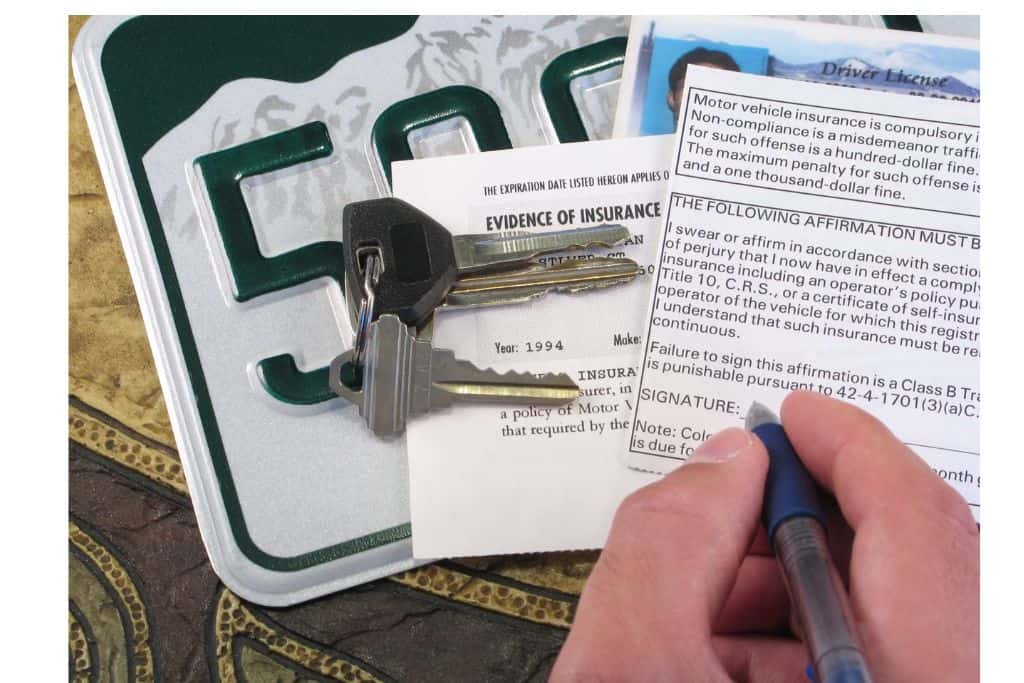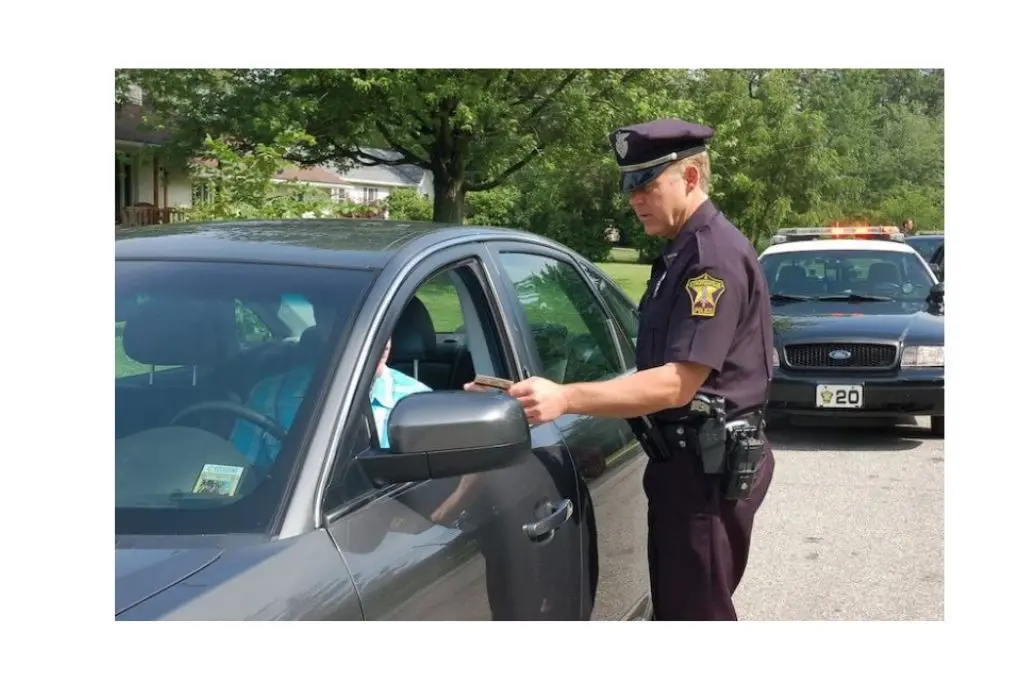Car registration typically includes a certificate or card with vehicle details and owner information. It often features a unique identification number.

Car registration is a mandatory process for vehicle owners. It ensures the vehicle is legally recognized and roadworthy. The registration document includes essential details like make, model, year, and VIN. It also lists the owner’s name and address. This document is crucial for identifying the vehicle and its legal owner.
Law enforcement and regulatory bodies use it for tracking and verification. Keeping your car registration up-to-date is important for compliance and avoiding legal issues. It also aids in insurance claims and resale processes. Always store your registration card in a safe, easily accessible place.
What Is Car Registration?
Understanding what car registration looks like is crucial for all vehicle owners. Car registration is a mandatory process that involves documenting a vehicle with a government authority. It typically includes issuing a license plate and a registration certificate. Knowing what to expect can help you navigate this process smoothly and ensure your vehicle complies with local laws.
Purpose Of Car Registration
Car registration serves several important purposes. First, it helps to identify the owner of the vehicle. This is crucial in case of theft or accidents. It also ensures that the vehicle meets all safety and emission standards. Authorities can track and monitor the vehicle’s history using registration records.
Here are some key purposes of car registration:
- Identification: The registration number helps identify the owner.
- Safety Compliance: Ensures that the vehicle meets safety standards.
- Emission Standards: Ensures that the vehicle meets emission standards.
- Legal Proof: Acts as legal proof of ownership.
- Monitoring: Authorities can track the vehicle’s history.
Without proper registration, a vehicle is considered illegal on the road. This can lead to fines or even impoundment. Therefore, understanding the purpose of car registration is essential for all vehicle owners.
Components Of Car Registration
Car registration consists of several key components. These components are crucial for the legal identification and operation of the vehicle. The main components typically include:
| Component | Description |
| License Plate | A unique number plate is assigned to the vehicle. |
| Registration Certificate | A document proving the vehicle’s registration. |
| Vehicle Identification Number (VIN) | A unique code is used to identify the vehicle. |
| Insurance Details | Information about the vehicle’s insurance coverage. |
| Owner’s Details | Information about the vehicle’s owner. |
Each component plays a vital role in ensuring the vehicle is legally registered and can be used on public roads. The license plate is usually displayed on the vehicle’s front and back. The registration certificate should be kept in the vehicle at all times. The VIN is a unique identifier that provides information about the vehicle’s make, model, and year.
Properly understanding these components can help ensure your vehicle remains compliant with local laws and regulations.
Car Registration Process
The car registration process is essential for legal vehicle operation. It involves multiple steps and requirements. Knowing what car registration looks like helps to streamline the process. This guide explains the required documents, fees, taxes, and renewal process.
Required Documents
Several documents are necessary for car registration. These documents prove ownership and the vehicle’s condition. Proper documentation ensures a smooth registration process.
- Proof of Ownership: This could be a bill of sale or a title.
- Identification: A valid driver’s license or state ID.
- Proof of Insurance: Insurance documentation showing coverage.
- Emissions Test: Required in some states to meet environmental standards.
- Vehicle Inspection Report: Ensures the car is safe to drive.
Missing any of these documents can delay registration. Always double-check requirements with your local DMV. Each state might have different requirements.
Fees And Taxes
Car registration involves various fees and taxes. These costs can vary based on the vehicle and state. Understanding these fees helps in budgeting for registration.
| Type of Fee | Average Cost |
| Registration Fee | $30 – $60 |
| Title Fee | $15 – $50 |
| Sales Tax | Varies by state and vehicle price |
| Emission Test Fee | $20 – $30 |
| Inspection Fee | $10 – $40 |
Different states may have additional fees. Always check your local DMV website for accurate information. Fees must be paid in full to complete the registration process.
Renewal Process
Car registration must be renewed periodically. The renewal process ensures your vehicle remains legal to operate. It’s important to know the steps involved in renewal.
Check your renewal notice: The DMV usually sends a reminder. This notice includes details on fees and the due date.
Gather necessary documents: These may include proof of insurance and an emissions test. Requirements can vary by state.
Pay the renewal fee: Fees can often be paid online, by mail, or in person. Make sure to pay before the deadline to avoid late fees.
Receive your new registration: After payment, the DMV will send your new registration and stickers. Place the stickers on your license plate as instructed.
Renewal periods vary by state. Some require annual renewals, while others may be every two years. Always mark your calendar to avoid expired registration.

Importance Of Car Registration
Car registration is very important. It helps keep track of cars on the road. Registration proves who owns the car. It also shows that the car meets safety standards. Without registration, you can get into trouble with the law.
Legal Compliance
Legal compliance is a key part of car registration. By registering your car, you follow the law. Driving an unregistered car is illegal. You can get fined or even lose your car. Registering your car is a must to avoid legal issues.
Here are some steps to follow for legal compliance:
- Fill out the registration form.
- Pay the registration fee.
- Provide proof of insurance.
- Show your driver’s license.
- Get your car inspected.
These steps help ensure your car is safe. They also help the government keep track of all cars. Following these steps makes sure you are driving legally.
Identification And Ownership Proof
Car registration acts as proof of ownership. It shows who the real owner of the car is. This is important if your car gets stolen. The registration document can help police find your car.
Here are the details usually found on a car registration document:
| Detail | Description |
| Owner’s Name | The name of the person who owns the car. |
| Vehicle Identification Number (VIN) | A unique code for your car. |
| License Plate Number | The number on your car’s license plate. |
| Make and Model | The brand and type of your car. |
These details make it easy to identify your car. They also prove that you are the rightful owner. Keeping your registration up to date is very important.

Common Issues With Car Registration
Car registration is a necessary process for all vehicle owners. It involves getting a license plate and a registration document. These prove that your car is legally allowed on the road. But sometimes, this process can have some issues. Common problems include delays and incorrect information.
Delays In Processing
Delays in car registration can be very frustrating. These delays often happen due to various reasons:
- High volume of applications: Many people applying at the same time.
- Errors in paperwork: Mistakes can slow down the process.
- System issues: Technical problems in the registration system.
- Holidays: Processing can be slower during the holiday seasons.
Delays can also occur if additional documents are needed. For example, proof of insurance may be missing. In some cases, there might be a need for an inspection. All these factors contribute to longer wait times.
Keeping your documents ready can help reduce delays. Always double-check your application before submitting it. This helps avoid errors and speeds up the process.
Incorrect Information
Incorrect information on your car registration can lead to many problems. This can include errors in your name or address. Incorrect details can cause issues like:
- Legal complications: Wrong info can cause legal issues.
- Fines: Mistakes can lead to fines or penalties.
- Delays: Correcting errors takes time and causes delays.
Make sure all information is accurate before submitting. Double-check the spelling of your name and address. Ensure that your vehicle details are correct. This includes the make, model, and year of the car.
If you find an error, contact the registration office immediately. They can guide you on how to correct it. Always keep copies of your documents for reference. This helps in resolving any issues quickly.
Our Previous Post:
| What Happens to a Car When Someone Dies Without a Will |
| Is the car AC stop working Suddenly? Quick Fixes & Tips! |
| How to Clean Corrosion off Car Battery: Quick & Easy Fixes |
Frequently Asked Questions On What Does Car Registration Look Like
What Documents Do I Need For Car Registration?
You need your vehicle title, proof of insurance, and a valid ID. Some states require additional documents.
How Much Does Car Registration Cost?
The cost varies by state and vehicle type. Check your local DMV website for accurate fees.
Can I Register My Car Online?
Many states offer online registration. Visit your local DMV website to see if this option is available.
How Long Does Car Registration Take?
The process usually takes a few hours to a few days, depending on the state and method of registration.
Conclusion
Understanding what car registration looks like is essential for every vehicle owner. It ensures compliance with legal requirements and smooth driving. Keep your documents updated and easily accessible. This will help you avoid fines and other issues. Stay informed and enjoy a hassle-free driving experience.
Last Updated on June 22, 2024 by Brian Beasley

